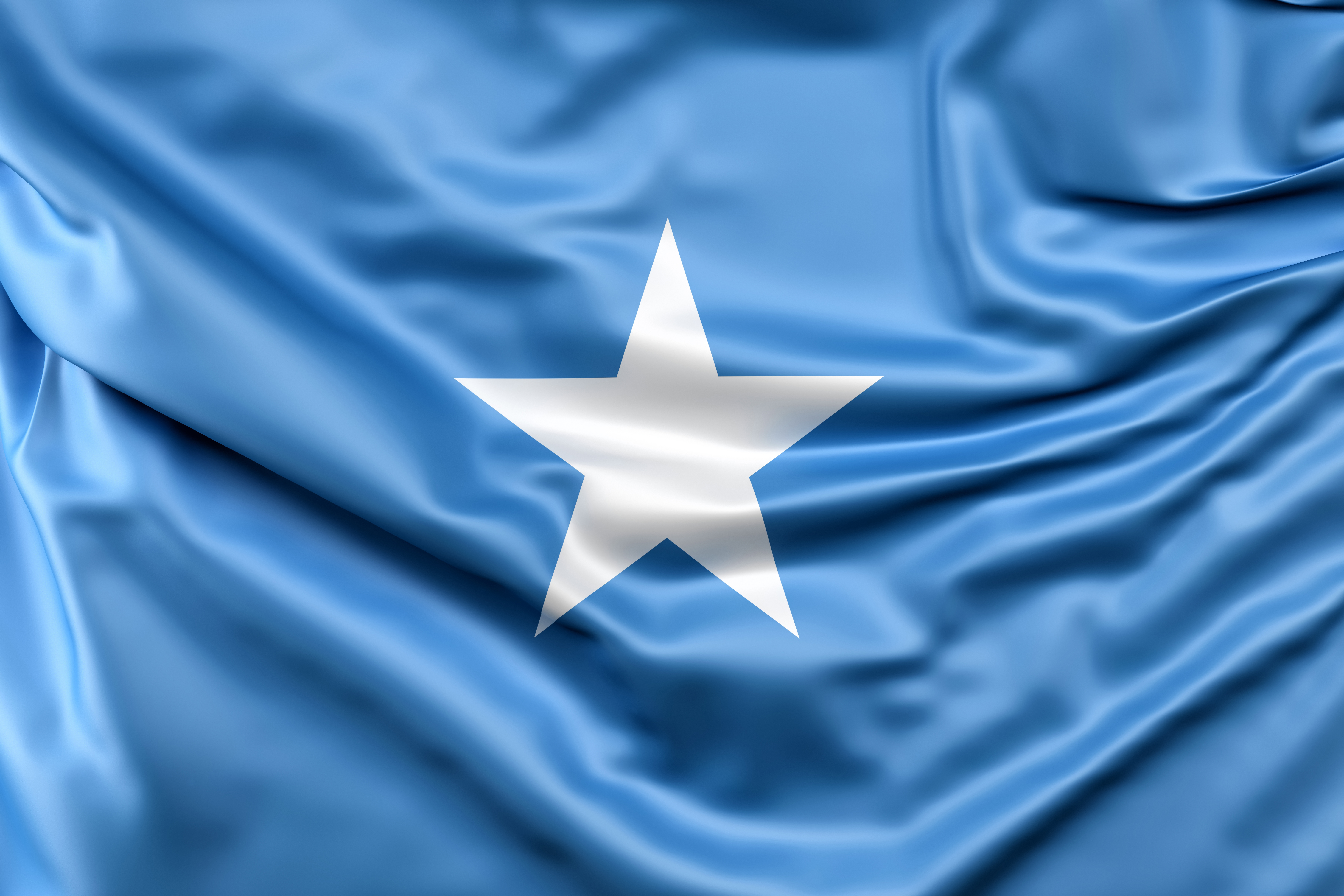
The question, “Who is a Somali?” can be explored through both practical and legal lenses, revealing a rich tapestry of culture, history, and identity.
Practical Perspective: The Essence of Being Somali
1. Ethnic and Cultural Identity:
Practically, being Somali is deeply intertwined with ethnic and cultural identity. Somalis primarily belong to the Cushitic ethnic group and speak the Somali language, which is a key unifier among the people. The majority of Somalis are Sunni Muslims, and Islam plays a central role in their daily lives, traditions, and social practices.
2. Clan System:
The clan system is a fundamental aspect of Somali social structure. Somalis traditionally identify with one of several major clans, such as the Darod, Dir, Hawiye, and Isaaq, as well as numerous sub-clans. This clan affiliation often influences social interactions, marriage, and even political alliances. While the clan system can foster a strong sense of community and belonging, it has also been a source of conflict and division.
3. Nomadic Heritage:
Many Somalis have a nomadic heritage, with a lifestyle centered around pastoralism. Camels, goats, and sheep are essential to their livelihood, and the skills and knowledge required to manage these animals are passed down through generations. This nomadic tradition has fostered values such as hospitality, resilience, and adaptability.
4. Diaspora:
The Somali diaspora is widespread, with significant communities in countries such as the United States, Canada, the United Kingdom, and various parts of Europe and the Middle East. Despite geographical separation, the diaspora maintains strong connections to Somali culture and often participates in transnational networks that support their homeland.
Legal Perspective: The Definition of Somali Citizenship
1. Citizenship by Birth:
Legally, Somali citizenship is primarily determined by birth. According to the Somali Citizenship Law of 1962, any person born to a Somali father is considered a Somali citizen. This principle of jus sanguinis (right of blood) emphasizes the importance of lineage and ancestry in defining legal identity.
2. Citizenship by Descent and Marriage:
The law also provides for citizenship by descent, meaning that children born to Somali mothers and foreign fathers can acquire Somali citizenship, though this process can be more complex. Additionally, foreign women married to Somali men are eligible for Somali citizenship, highlighting the patrilineal focus of the legal framework.
3. Naturalization:
Somali citizenship can also be obtained through naturalization, though the process is stringent and requires a long-term commitment to residing in Somalia. Applicants must demonstrate knowledge of the Somali language, adherence to Somali customs, and loyalty to the nation.
4. Dual Citizenship:
In recent years, Somalia has recognized dual citizenship, allowing Somalis in the diaspora to maintain their legal ties to their homeland while acquiring citizenship in their countries of residence. This legal flexibility acknowledges the realities of global migration and the importance of maintaining a connection to one’s roots.
The Intersection of Practical and Legal Identities
The practical and legal definitions of being Somali often intersect and reinforce each other. Cultural practices and clan affiliations can influence legal decisions, and the legal framework shapes how individuals perceive their identity and belonging.
Challenges and Opportunities:
The question of Somali identity is not without challenges. The civil war and ongoing conflicts have disrupted traditional structures and created a fragmented society. Efforts to rebuild the nation involve reconciling these diverse identities and fostering a sense of unity and common purpose.
On the other hand, the resilience of Somali culture, both within Somalia and in the diaspora, presents opportunities for renewal and growth. Initiatives that celebrate Somali heritage, language, and traditions can strengthen community bonds and contribute to a more cohesive national identity.
Conclusion
Being Somali encompasses a rich blend of cultural heritage, social structures, and legal definitions. It is an identity rooted in history, language, and tradition, yet also evolving in response to contemporary challenges and global dynamics. Understanding who is Somali requires appreciating both the practical lived experiences of the people and the legal frameworks that define their citizenship. Together, these perspectives offer a comprehensive view of what it means to be Somali in the modern world.